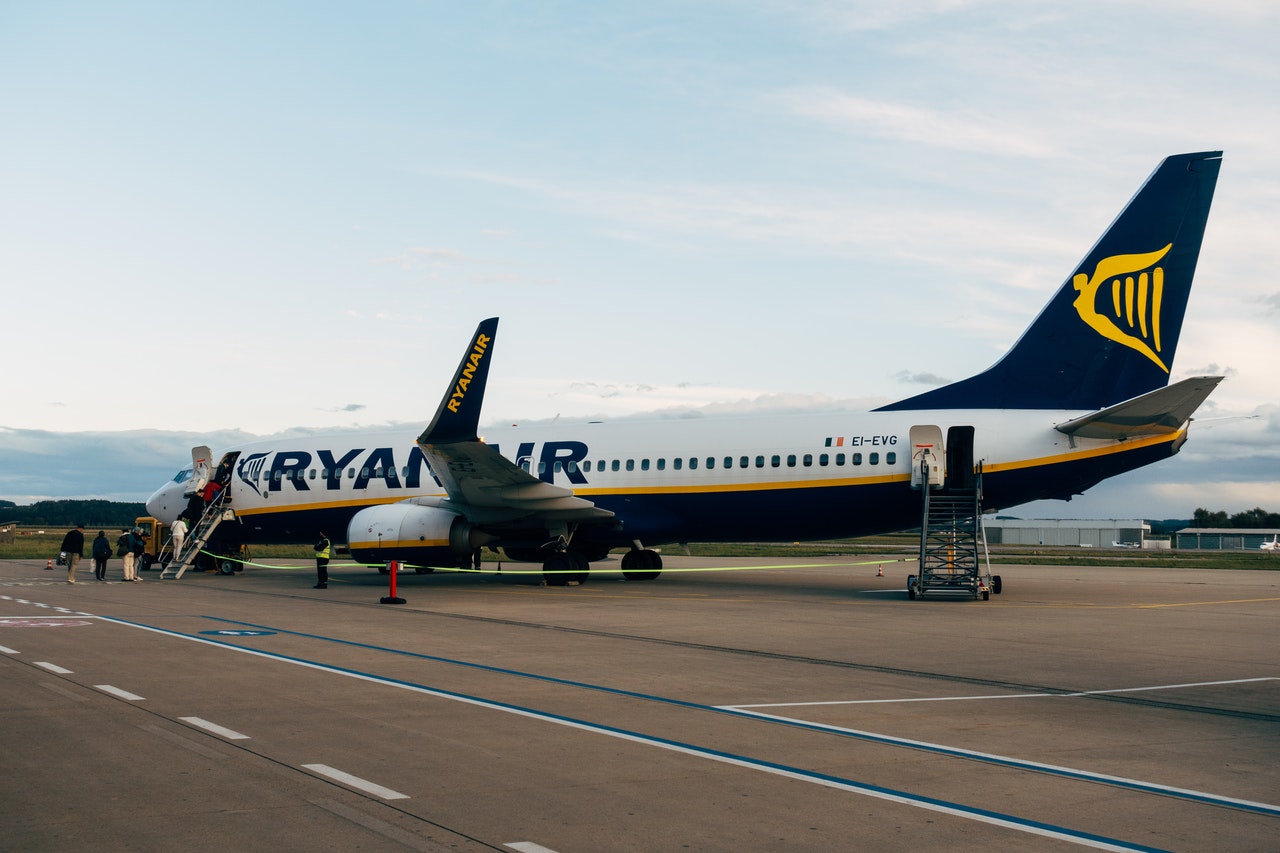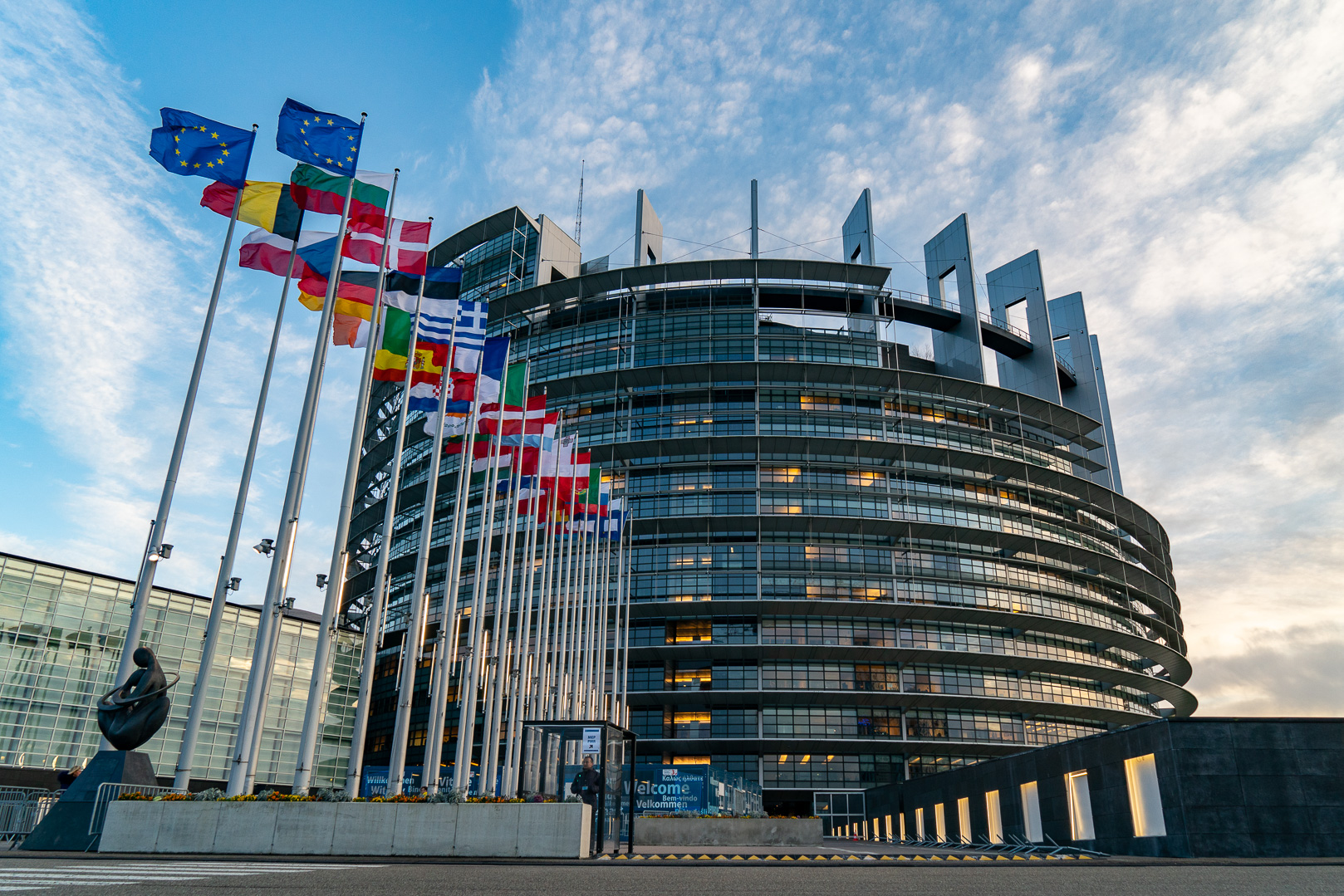Ryanair Holdings plc has reported a significant decline in after-tax profit in the first half of 2025 (H1), which amounted to €1.79 billion. This reflects an 18 per cent decrease when compared to last year (€2.18 billion).
Ryanair’s fiscal year runs from April to March, with the first half for the 2025 fiscal year running from 1st April to 30th September 2024.
The Ireland-based airline attributed the decline in profit to lower priced air fares, which dropped by seven per cent in the second quarter, despite a robust nine per cent increase in passenger traffic. During H1, the average fare fell by 10 per cent.
Commenting on the figures, Ryanair Group CEO Michael O’Leary noted that total H1 revenue rose one per cent to €8.96 billion while scheduled revenue fell two per cent to €5.92 billion.
Mr O’Leary remarked that the since half of the Easter-period business fell within the last quarter of the previous fiscal year, part of Easter related bookings and associated revenue were recognised in the fourth quarter of the prior fiscal year rather than in the first quarter of the current year, possibly impacting year-on-year comparisons.
Additionally, “consumer spending pressure, driven by higher-for-longer interest rates and inflation reduction measures, and a drop in online travel agencies (OTA) bookings ahead of summer ’24, necessitated more price stimulation than originally expected as Ryanair maintained its load active/yield passive pricing policy.”
Furthermore, he commented that operating costs performed well, rising eight per cent to €6.68 billion as fuel hedge savings offset higher staff and other costs due, in part, to Boeing delivery delays.
Referencing its fleet, Ryanair stated that it expects European short-haul capacity to remain constrained for some years as many of Europe’s Airbus operators work through Pratt and Whitney engine repairs, as “both original equiment manufacturers struggle with delivery backlogs, and airline consolidation continues, including Lufthansa’s takeover of ITA and the impending sale of TAP.”
“These capacity constraints, combined with our widening cost advantage, strong balance sheet, low-cost aircraft orders and industry leading operational resilience will, we believe, facilitate Ryanair’s low-fare profitable growth to 300 million passengers over the next decade,” Ryanair commented.
Addressing multiple delays and cancellations due to air traffic control (ATC) strikes, fuelled by ATC staff shortages and repeated equipment failures, Ryanair renewed its call on the new EU Commission to deliver “long delayed reform of Europe’s hopelessley inefficient ATC service.”
Subject to no worsening of current Boeing delivery delays, the airline continues to target between 198 million and 200 million passengers in financial year 2025.
Ryanair cuts Malta link to Serbia’s Niš
The low-cost airline is slashing some major routes in Germany, Spain, Belgium, Portugal and Malta
Event tourism is the standout travel trend for 2026 – How will Malta fare?
The global tourism market is booming, and events are leading the way
EU Parliament agrees on common system to calculate corporations’ taxable income
The reform is designed to replace today’s patchwork of national tax rule






